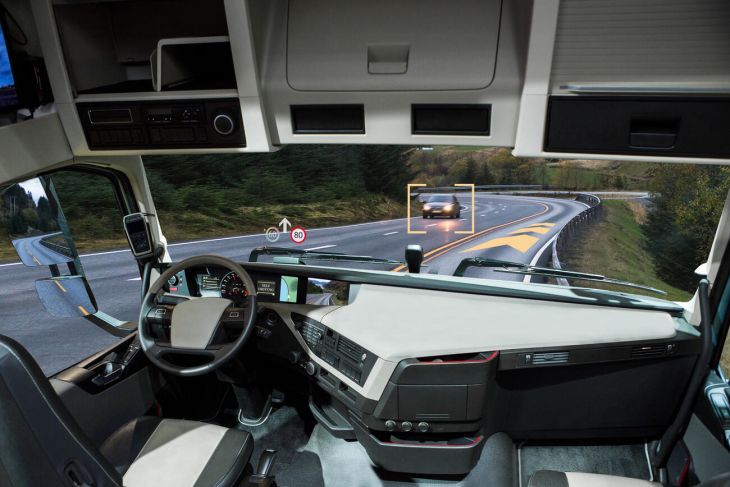A team of Johns Hopkins researchers is reframing the discussion around autonomous vehicles. Though public trust in this technology has faltered due to high-profile testing accidents, researchers hope to rebuild public support for AVs by redirecting attention to their potential to improve social equity and help underserved communities.
"When people understand the broader positive societal benefits of autonomous vehicles, it changes their perception," said Tak Igusa, a professor in the Whiting School of Engineering's Department of Civil and Systems Engineering and a member of its Institute for Assured Autonomy. "Our study shows that when highlighting how AVs can improve vulnerable populations' ability to get around, support for the technology nearly doubles. This tells us that the way we frame the conversation about autonomous vehicles cultivates widespread acceptance."
Tak Igusa
Professor, Whiting School of Engineering
"When people understand the broader positive societal benefits of autonomous vehicles, it changes their perception."
Igusa worked with Johnathon Ehsani, associate professor from Bloomberg School of Public Health's Departments of Health and Policy Management and Health, Behavior, and Society, on the study, which appears in Health Equity.
In previous work, the researchers explored the idea that one potential approach to increasing acceptance would be to focus on the value of AVs beyond safety to include societal improvement. To test that hypothesis, this study focused on determining whether emphasizing the benefits of AVs for those who face limited mobility and transportation access could increase support. The team used a rigorous methodology to collect the data: More than 2,000 U.S. adults were surveyed through the National Opinion Research Center, an independent social research organization at the University of Chicago, to ensure a nationally representative sample.
Respondents were initially assessed for their support of AVs to establish a comparison baseline. Afterward, they were presented with scenarios illustrating how AV deployment could benefit individuals with lower incomes, those with visual impairments, and aging adults.
"We found that initial support for was relatively low: Only about 26% of people had positive opinions of AVs. However, when participants learned about and then considered potential societal benefits, particularly in serving vulnerable populations, support for AVs nearly doubled to 50%. This suggests that emphasizing the social value of AVs can positively influence public perception and support for their adoption," said Igusa.
The researchers believe that their findings could have a far-reaching impact. They posit policymakers and industry stakeholders could prioritize AV deployment strategies that address the mobility needs of underserved communities, thereby building trust in the technology and bridging transportation access gaps.
"Policymakers in U.S. cities saw shared micro-mobility, such as electronic scooters, as a way to improve mobility in low-income areas. When negotiating contracts with state and local governments, companies were only allowed to increase the number of scooters if they deployed a certain amount to equity emphasis areas. In the case of AVs, policymakers may consider mandating businesses to allocate a portion of their fleet to serve vulnerable and aging populations," said Ehsani.
He added that, "in the end, the public's trust and support are absolutely integral for successful deployment of AVs. Our approach may hold the key to changing those attitudes."















